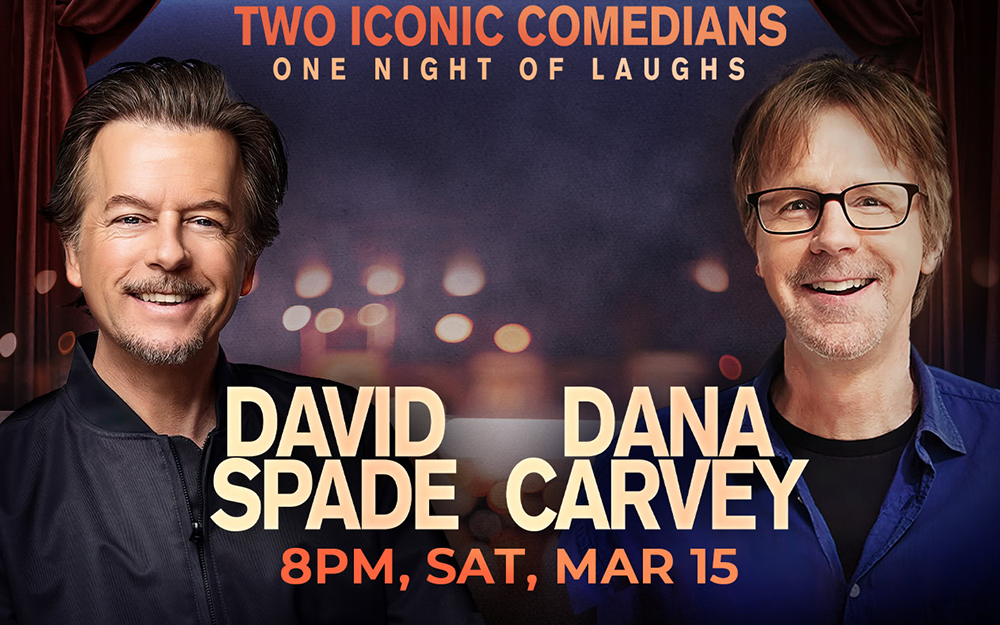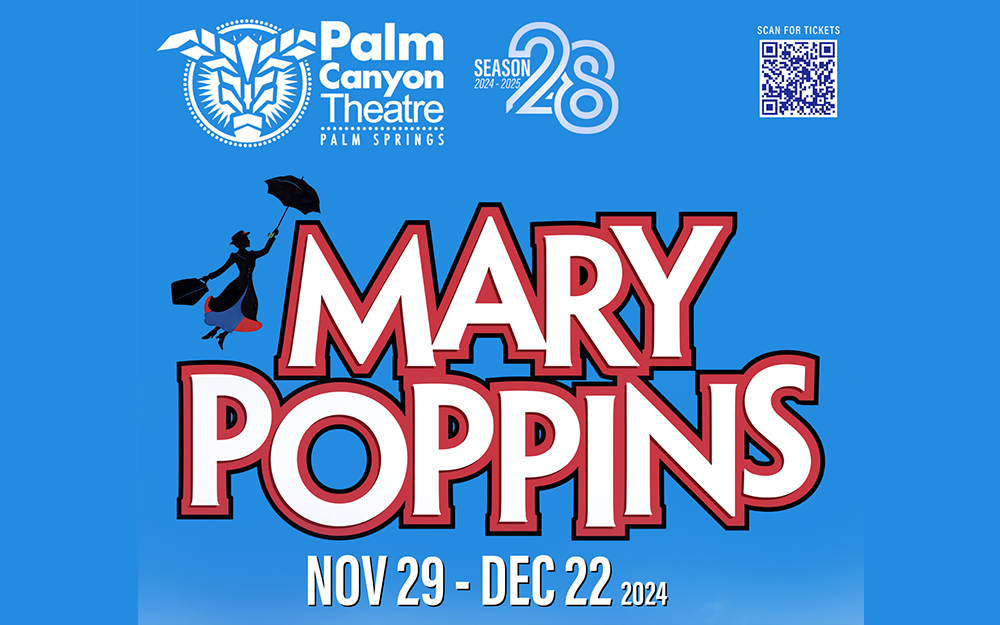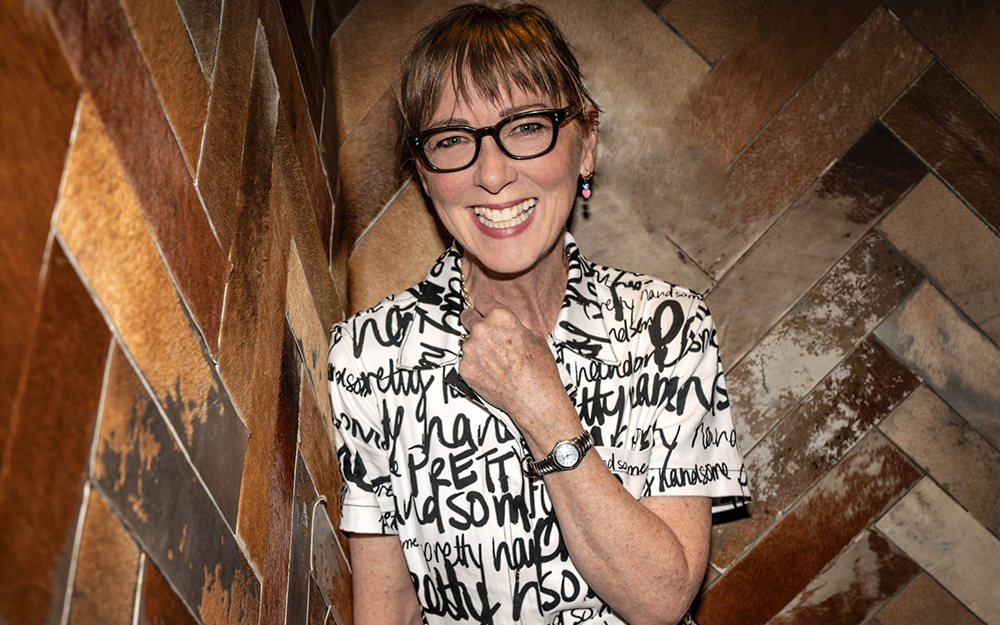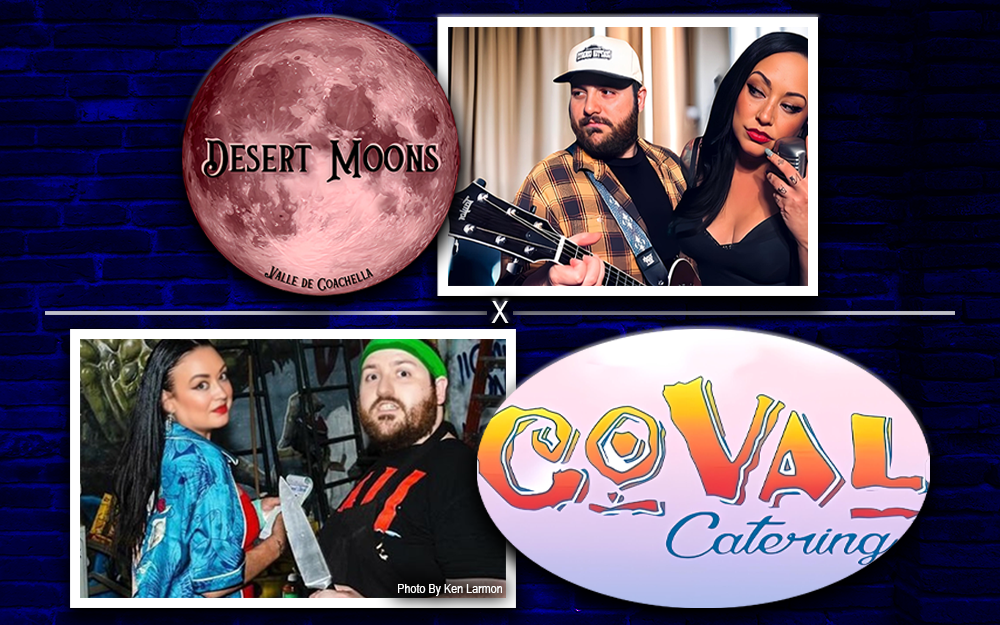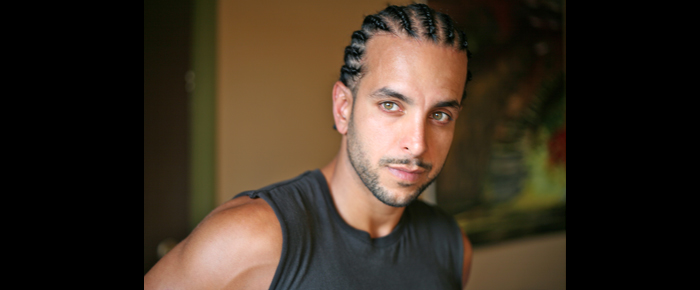
By Robin E. Simmons
Val Lauren plays Sal Mineo in James Franco’s indie film “SAL.” The film has developed a strong following. It quickly sold out at the Palm Springs International Film Festival. The movie recounts the last day in the life of actor Sal Mineo who was a huge star in the 1950s and, for various reasons, faded from public view and favor. Yet for 16 years, he still pursued his craft. Actor Val Lauren has received a lot of positive attention for his uncanny portrayal of Sal Mineo. The film has been revived at Cinema’s Palm d’Or for a limited run. Lauren participated in a lively Q&A last Saturday evening.
ROBIN: Do you remember the first play or movie you saw?
VAL: Yes I do. The first movie I saw was “STREETCAR NAMED DESIRE” with Marlon Brando. My mom was up watching TCM one night and she said, “Watch this with me.” I was little. In kindergarten or the first grade. I couldn’t have been more than six. There was something about that movie –not sure what it was — but there was definitely something that attracted me to movies…
ROBIN: You’re not making this up now, are you?
VAL: [Laughs] No I’m not. My mom introduced me to all the old stars and their classic movies. To this day, we still watch TCM together when I see her.
ROBIN: When you saw “STREETCAR NAMED DESIRE” as a little kid, did you immediately think to yourself, “I can do this”?
VAL: No. In junior high in Woodland hills, I did “The Diary of Anne Frank.” I was the first sixth-grader allowed on stage. Sixth graders could take drama classes, but only seventh graders could be in the plays. For whatever reason, the drama teacher gave me the part of Mr. Frank. I remember the excitement of rehearsals, the anticipation, the powder in my hair to make me look older, my fake beard and my long coat. It was exciting. At the opening performance, during the sensitive moment when I make my first appearance, there’s total silence as I stick my head into the attic. Then I hear this big laugh from someone in the audience. I recognize it as my dad’s. I don’t know what it was. He just lost it. Maybe it was his little kid looking like an old Jew. Afterwards, my mom said to me, “You should be an actor.”
ROBIN: When you were on stage, do you remember any special feeling about performance itself?
VAL: I just remember it was the most fun I ever had. And not just performing, but also the whole creative culture that goes with it. The people, the sets, the costumes, the smell… It was very appealing to me. I loved it all.
ROBIN: How did you get the part of Sal Mineo?
VAL: I got a call, a text actually, from James Franco. He offered me the part.
ROBIN: So you knew James Franco?
VAL: Yes. We started out acting together at Playhouse West. I think I was 18 or 19 at the time.
ROBIN: Did the movie originate with Franco?
VAL: Yes. He had an interest in Sal Mineo because of the James Dean TV movie he did and his research into the making of “REBEL WITHOUT A CAUSE” in which Mineo co-starred. When Michael Michaud’s biography of Mineo came out, Franco read it and got the rights.
ROBIN: What, if anything, connected you to Sal Mineo’s character?
VAL: I connected with him on many levels. Being an actor myself, I related the ups and downs of Mineo’s actor’s lifestyle while trying to sustain a healthy foundation. I understand what that’s like. And the pride, of course. Sal Mineo was among the top five biggest stars of the 1950s. And then suddenly he’s reduced to doing dinner theater in little mid-west college towns for 50 bucks a night when he can barely afford gas for his car. For 15 or 16 years it was really hard for him, but he kept alive the love for his craft and his health. I really admired that about him. And I connected with it.
ROBIN: In the 70s, I was working at Columbia Studios in Hollywood on Gower Street. I usually lunched at the Columbia diner. Sal Mineo was often there. One time he was in the next booth. The writer I was having lunch with whispered, “Sal,” and nodded toward Sal’s booth and then looked back at me with a sad expression. I knew what he meant. But Mineo looked fit and he was enthusiastically engaged in a creative conversation about a film project of some sort. This was shortly before he was murdered.
VAL: Yeah. He persisted.
ROBIN: Do you have any idea of what brought about his sudden downfall?
VAL: I do. It was a combination of things. It all happened very fast. He came upon the realization that he was attracted to men as well as women. And he made no qualms about hiding it, but he didn’t send a message that he was homosexual or bisexual. He didn’t hide it. Soon it was mentioned in magazines. At the time, nobody came out like that and that was definitely a career killer. Also, during this time, his mother, who had been his manager made a couple of financial blunders and accidentally lost everything. She was out of her element. And then there was the IRS. Meanwhile, the once cherubic, adolescent looking “switch blade kid” was growing into a man. Then he made [the poor choice to star in] “FORTUNE AND MEN’S EYES” that explored the theme of homosexual slavery in prison. There were other things too, but in the end, his former colleagues didn’t want to hang out with him for fear of also being shunned in the industry. But finally, I think his coming out was a huge part of the bottom falling out underneath him.
ROBIN: Do you have a clear picture of how Mineo was murdered? Was it a random thing? Or was there much more to it?
VAL: Absolutely random. But at the time the “investigators” and media made it a sordid story of a drug related homosexual crime. They didn’t care about Mineo when he was alive, but in death he was exploited in the worst way. Compare it to James Dean’s death. The reality is that there was a pizza delivery guy who would case places when he made drops and then come back and rob them. Sal crossed paths with him one night in a dark parking area of his place and yelled, “Hey, what are you doing?” And the guy panicked, stabbed Mineo in the chest, popped his heart and fled. It was a totally random act of meaningless violence from a stranger who had no idea who Sal was. Two years later the killer was found already in prison for another crime.
Robin: Do you think Sal Mineo would have redeemed himself as an actor had he lived?
VAL: That’s what makes this movie interesting to me. He was on the verge of a very real come back. He was about to do “P.S. Your Cat is Dead” at the Westwood Playhouse. And after that run, he was going to get a shot on Broadway. And he also had a deal with MGM to direct a film that had been green lit.
ROBIN: What was the screenplay for “SAL” like? Was there room for improvisation?
VAL: It was all scripted.
ROBIN: Were you and director Franco on the same page from the beginning?
VAL: I had no idea what he had in mind when he called me. When we sat down to talk about it, he said anyone could go on Wikipedia and in five minutes and know all the main things about Sal Mineo. Franco wanted the movie show him as if there were a ghost looking over his shoulder on the last day of his life. And the audience was the ghost. That’s how it was shot.
ROBIN: In your IMDB bio, it says you approach life with the fundamental philosophy of “The way of no way.” What does that mean?
VAL: Bruce Lee studied and mastered many forms of martial arts. He found one weakness that they all had in common: They were all bound and limited by their tradition.
Lee created his own form of martial art (“June Fan Jeet Kun Do”) around the philosophy of “The Way of No Way. Lee said, ”Utilize the best of all paths. Let no limitation or tradition bind you. Be open and free to explore and find a way to your goal through all channels, a combination of them and or even the channel you can open that may be all your own.” No limitations! Bruce Lee was and is a hero to me both in both life and art.
Robin: So, “The Way of No Way” is THE way!
VAL: [Laughs] Yes.
ROBIN: What’s on the horizon for you?
VAL: I finished a film “THE LAST KNIGHTS” with Morgan Freeman and Clive Owen. We shot it in Prague. It comes out next year. It’s based on the classic story of the 47 Ronin. Currently I’m editing a personal movie about the preparations and staging of a performance of “The Diary of Anne Frank.”
ROBIN: Everything comes around again.
VAL: It’s the Way.




